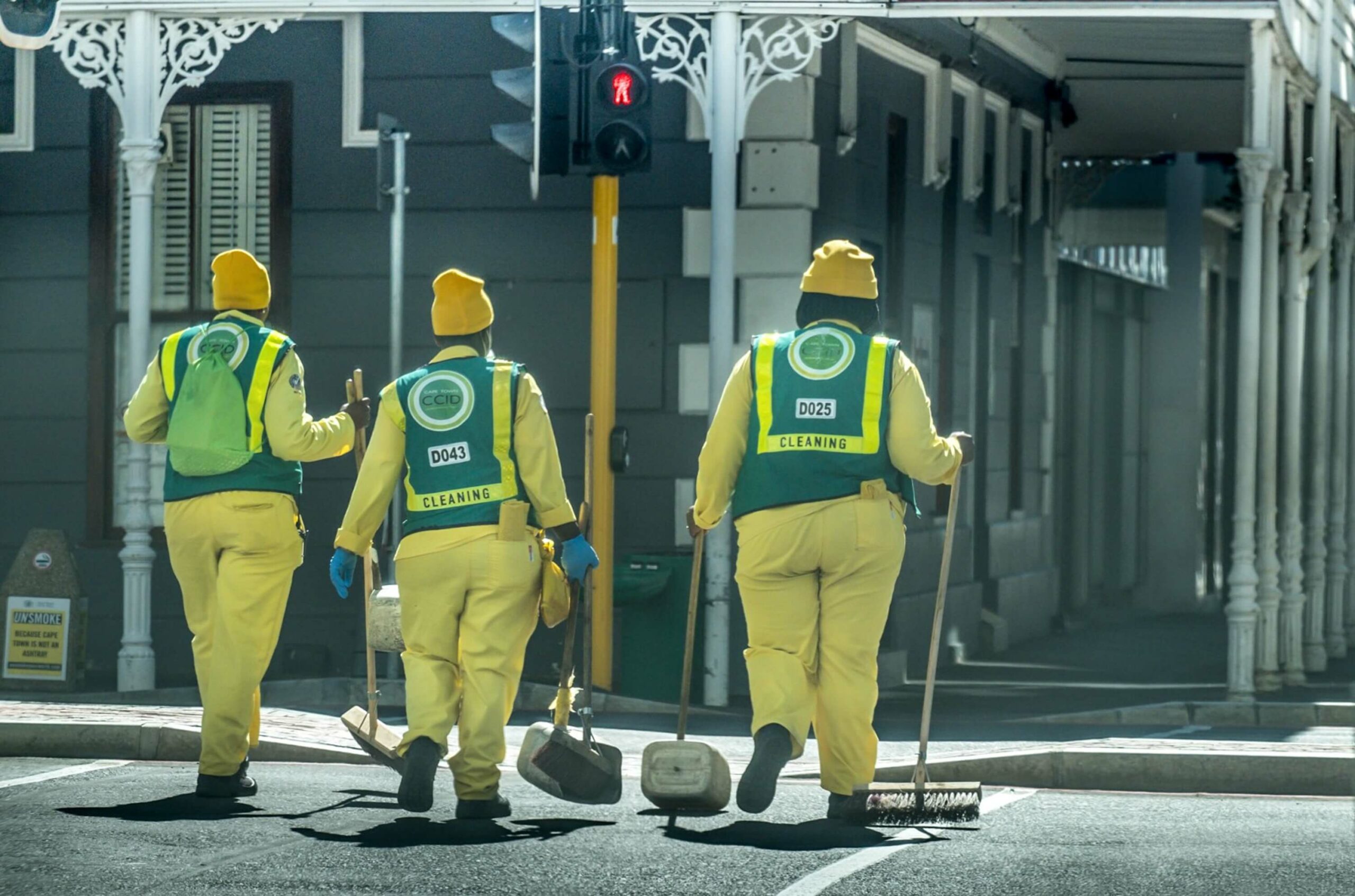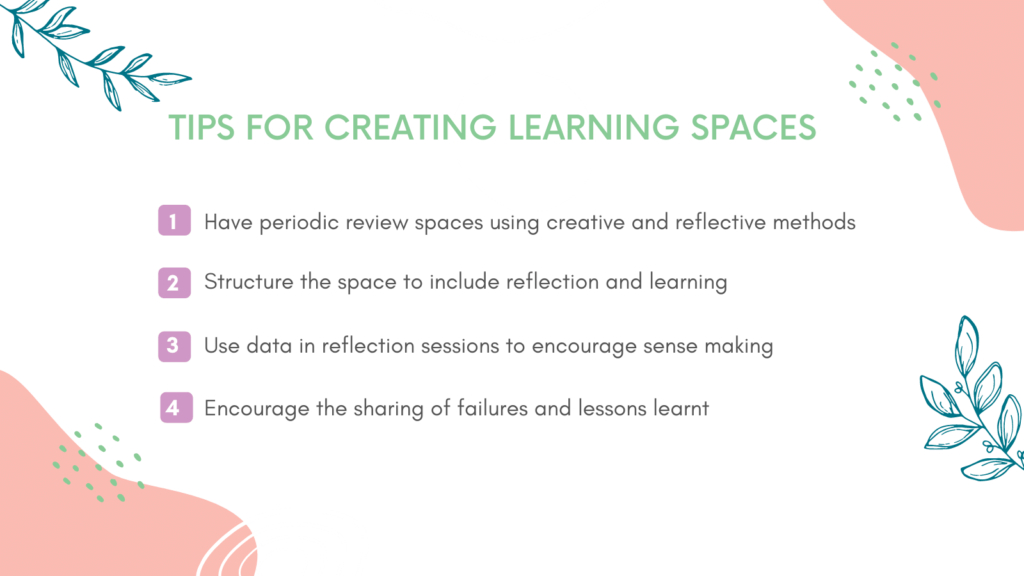Project Overview
This organisation is a major force and influencer within the trade union space.
The Labour Research Services (LRS) plays an important role in research, information and knowledge dissemination and capacity building in the labour sector. They provide support and influence policies to transform approaches for equality in worker organisations.
Project Statement
The LRS focusses on the everyday experiences of workers, the experience of alienation in highly exploitative workplaces and the potentially liberating experience of taking action in collectives like trade unions. The nature of such work makes it challenging to document outcomes. The level of detail in program plans varies, and this makes an assessment of progress challenging as the intention/standard is not always necessarily clear.
Some of the work done by the LRS, particularly in terms of relationship building and advocacy, is not well documented in the plans and so becomes invisible when reporting. Program reviews were fragmented, and LRS was not able to understand its work holistically.
What We Did
Southern Hemisphere has provided strategic planning and capacity strengthening services to the LRS for more than 10 years. Our services have supported the organization to prioritize efforts, track progress toward goals, effectively allocate resources and skills and develop a collective organisational identity.
Facilitation of planning, review, and learning workshops.
Document review, program plans, and reports
Informing strategy
Outcomes
The ongoing support of Southern Hemisphere has helped LRS to recognise their collective contribution to achieving social impact as they were able to:
- discover personal interests and better utilise staff skills;
- integrate planning and collaborate better across projects;
- practice more continuous reflection;
- become more systematic about monitoring outcomes;
- be intentional about communicating their work.
As Nina Benjamin, Gender Programme Lead of LRS, reflects:
Something happened after the January (review workshop), because from December to January there was this feeling that we were trying to all grab at a thread and we were not always finding each other. But I think the January meeting showed me that big shifts can happen when there’s a safe space to talk, a facilitated space. (For example) In the review workshop, there was a common connection to the program design. We all came with our different strengths, but not in isolated pieces. I don’t think we realized how significant it was to collectively contribute in the way we did. It is a big thing that we have gotten here”. (Data source: Programme Review Report 2019)

